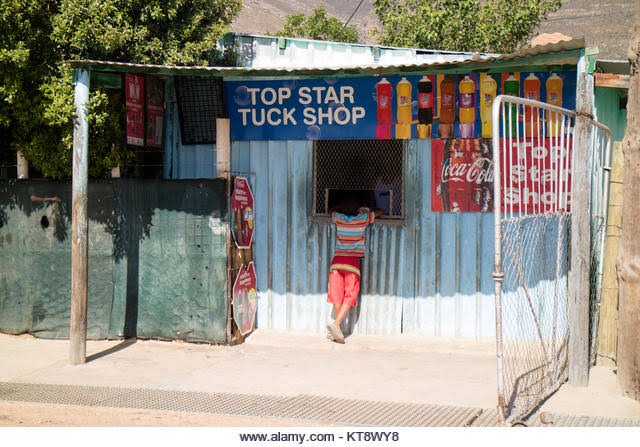A spaza shop, also known as a tuck shop, is a type of informal convenience store that is mainly run from one’s home in South Africa. They also help to enhance the owners’ household incomes by selling minor everyday home items.
A video trended on social media of a foreign national tuckshop being raided, and it exposed how unhygienic it is for food to be sold when it is not properly cleaned. In the fridge, most of the meat that was stored inside had mostly expired and was not suitable for human consumption.
These stores emerged as a result of growing townships, making formal shopping more difficult or expensive. Somalis in South Africa have recently been accused of running spaza stores in black townships.
South African banks are vying for spaza stores to serve as “bank shops,” providing basic banking services at a lower cost than full-fledged bank branches. Mobile banking is the most common method of connecting to the bank’s back office.
The industry has changed dramatically in the last decade. There is a new breed of trader. They’ve been foreign a lot of the time, but not always. As a result, chauvinistic and xenophobic images of immigrant shopkeepers have become associated with the changing nature of South Africa’s spaza industry.
On the one hand, outraged people have accused foreign traders of ruining South African livelihoods, frequently aided by opportunistic politicians. Those who question this xenophobia, on the other hand, have tended to suggest that the new traders are simply “better entrepreneurs” who are out-competing less active dealers.
Many of the communities in South Africa are home to many tuck shops that are mostly owned by foreign nationals. Many citizens have complained that most of these foreign-owned tuck shops are not sanitary and sell food that is mostly not meant to be consumed by people because it is sold past its expiry date.
